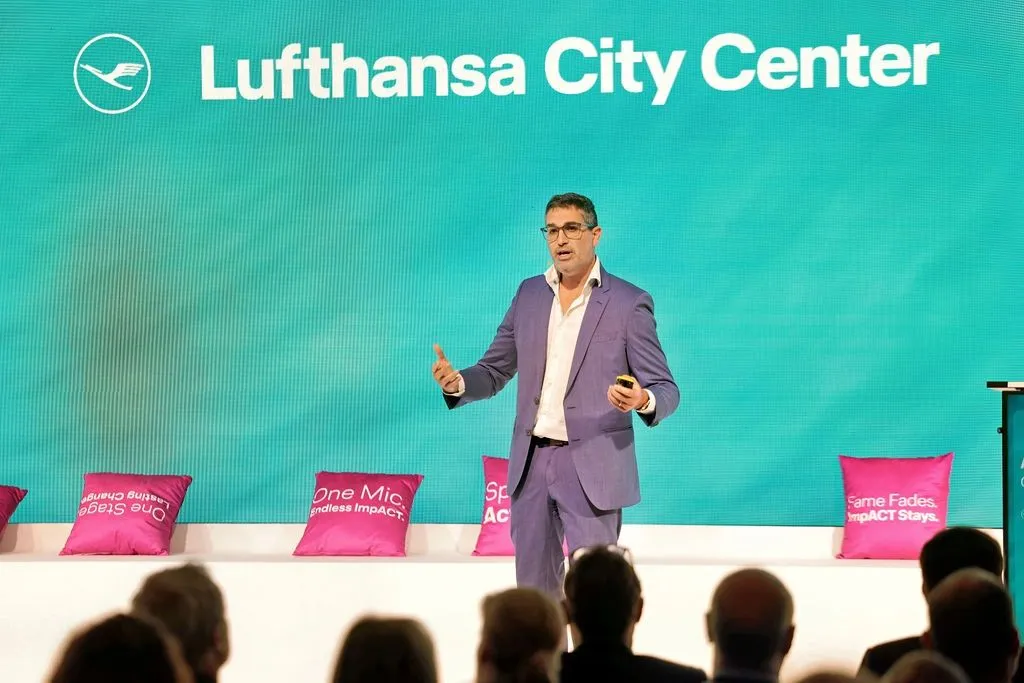Businesses that support charitable causes are likely to foster stronger loyalty among their employees, particularly younger workers, according to new research by the Charities Aid Foundation (CAF).
The findings reveal that 63 per cent of English employees aged 16-24 are more loyal to UK employers who actively contribute to charitable causes.
Additionally, more than half (54 per cent) of employees across all age groups said that working for an organisation that supports charities boosts their pride in the workplace, while 51 per cent reported increased loyalty. Nearly half (47 per cent) also noted a greater willingness to go the extra mile for such employers.
The impact of charitable giving is particularly evident among younger employees, who increasingly value working for organisations with a social purpose. Nearly two-thirds (63 per cent) of employees aged 16–24 reported that their company’s charitable giving enhanced both their sense of pride and their loyalty to the organisation. More than half of 25–34-year-olds felt similarly, with 57 per cent citing increased pride and 54 per cent noting greater loyalty. Among employees aged 45–54, the figures drop to just below half (47 per cent and 48 per cent, respectively).
For those over 55, only around a third of respondents perceived a positive connection between charitable giving and workplace engagement.
Despite the clear advantages of charitable giving, the majority of businesses in the UK (75 per cent) do not engage in direct contributions to charity, whether through cash donations, in-kind support, or employee volunteering hours. While many companies encourage fundraising efforts among staff or customers, CAF’s study specifically measured businesses’ own charitable contributions.
Philippa Cornish, Head of Corporate Clients at CAF, emphasised the importance of corporate giving, particularly in the context of attracting and retaining socially conscious talent.
“We are seeing a growing movement towards ‘responsible business’ and charitable giving should be considered a crucial pillar of these strategies. Giving to charities is good for business. It offers businesses the opportunity to demonstrate their commitment to their communities as well as their staff,” she said.
Ms Cornish added, “to attract and retain new generations of workers, corporate giving is not just a nice to have. It’s become an important consideration about whether you want to work for somebody or not, and businesses should remember this, particularly when competition for talent is high.”
CAF recommends the following strategies for businesses aiming to enhance their corporate giving and engage employees:
- Commit to matched giving: Support employees’ fundraising efforts by matching the amounts raised with company donations or offer payroll giving programmes that match regular employee contributions.
- Involve employees in decision-making: Allow employees to vote on the charities the company supports, ensuring they feel invested in the corporate giving strategy.
- Regular communication: Keep employees informed about the company’s charitable activities, explaining how and why these efforts are being made.
- Offer volunteering opportunities: Provide employees with volunteer hours to support causes in their local communities and incentivise their efforts through matched donations.
Why corporate-funded travel is a different ball game for Malta – Alan Arrigo
When Malta hosted the general assembly of Lufthansa City Center, the impact went beyond immediate delegate spending.
World Radio Day: 10 business-forward podcasts to have in your rotation
A mix of Maltese and international podcasts we think are worth your time.
Gertrude Micallef promoted to Senior Consultant at Shoulder Compliance
Prior to entering the compliance field, she built a career in technology and professional services.
69% of employees say their skills are not fully used
Untapped talent is not merely a morale issue, but a strategic risk.









